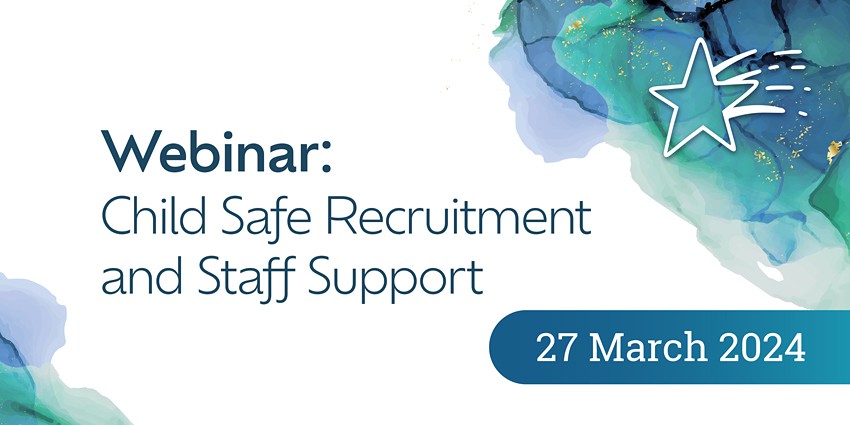Every organisation has a responsibility to keep children and young people safe.
Child safe organisations create cultures where the safety and wellbeing of children and young people is prioritised and actions are taken to identify risks and protect them from harm, including from sexual abuse.
The National Principles for Child Safe Organisations (National Principles) provide a framework to guide organisations in developing child safe cultures and practices, including the ability to identify risks and take agreed actions to prevent, respond to and report child abuse.
The WA Government is committed to supporting the development of safe organisations for children and young people and is working to develop an independent oversight system that includes monitoring and enforcement of the National Principles.
In the meantime, the WA Government encourages organisations across the state that engage with children and young people to implement the National Principles. WA Government departments that engage with children and young people, including the Department of Communities, are also taking steps to be child safe organisations.
Join our mailing list for occasional updates about the National Principles in WA or check out our events page for upcoming webinars and information sessions.
Organisations and community service providers
Parents, carers and families
Children and young people
Promotional tools and templates
WA Government implementation and oversight
The 10 National Principles for Child Safe Organisations
Show moreThe National Principles for Child Safe Organisations provide a nationally consistent approach to embedding child safe cultures and practices at all levels in organisations of various sizes and across sectors that engage with children and young people.
The National Principles incorporate lessons from the Royal Commission into Institutional Responses to Child Sexual Abuse on what needs to be in place to prevent all types of abuse and neglect of children and young people engaged in small local clubs, private business, non-government services through to large state government agencies.
The 10 National Principles are:
- Child safety and wellbeing is embedded in organisational leadership, governance and culture.
- Children and young people are informed about their rights, participate in decisions affecting them and are taken seriously.
- Families and communities are informed and involved in promoting child safety and wellbeing.
- Equity is upheld and diverse needs respected in policy and practice.
- People working with children and young people are suitable and supported to reflect child safety and wellbeing values in practice.
- Processes to respond to complaints and concerns are child focused.
- Staff and volunteers are equipped with the knowledge, skills and awareness to keep children and young people safe through ongoing education and training.
- Physical and online environments promote safety and wellbeing while minimising the opportunity for children and young people to be harmed.
- Implementation of the national child safe principles is regularly reviewed and improved.
- Policies and procedures document how the organisation is safe for children and young people.
Watch this short video by the Australian Human Rights Commission for an overview of the National Principles.
Announcements

Call for change at Children’s Week Seminar

Support for organisations to create safer environments for children and young people




